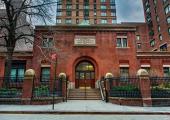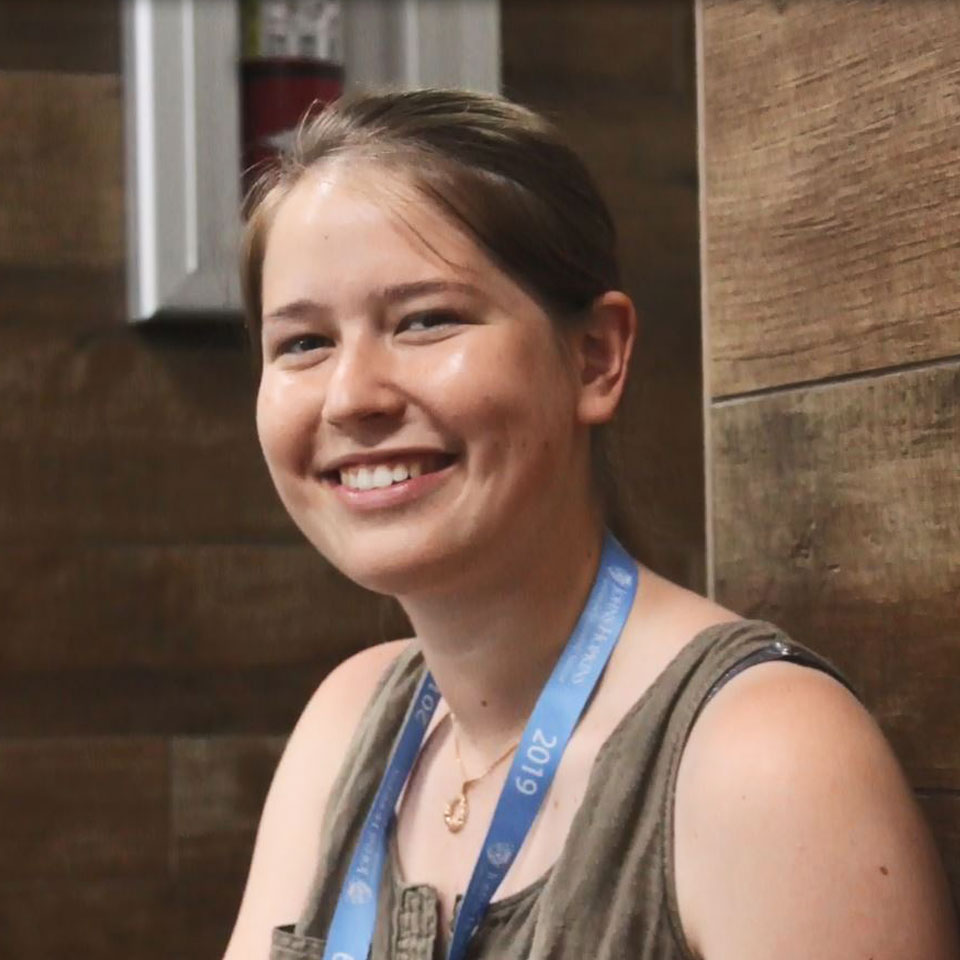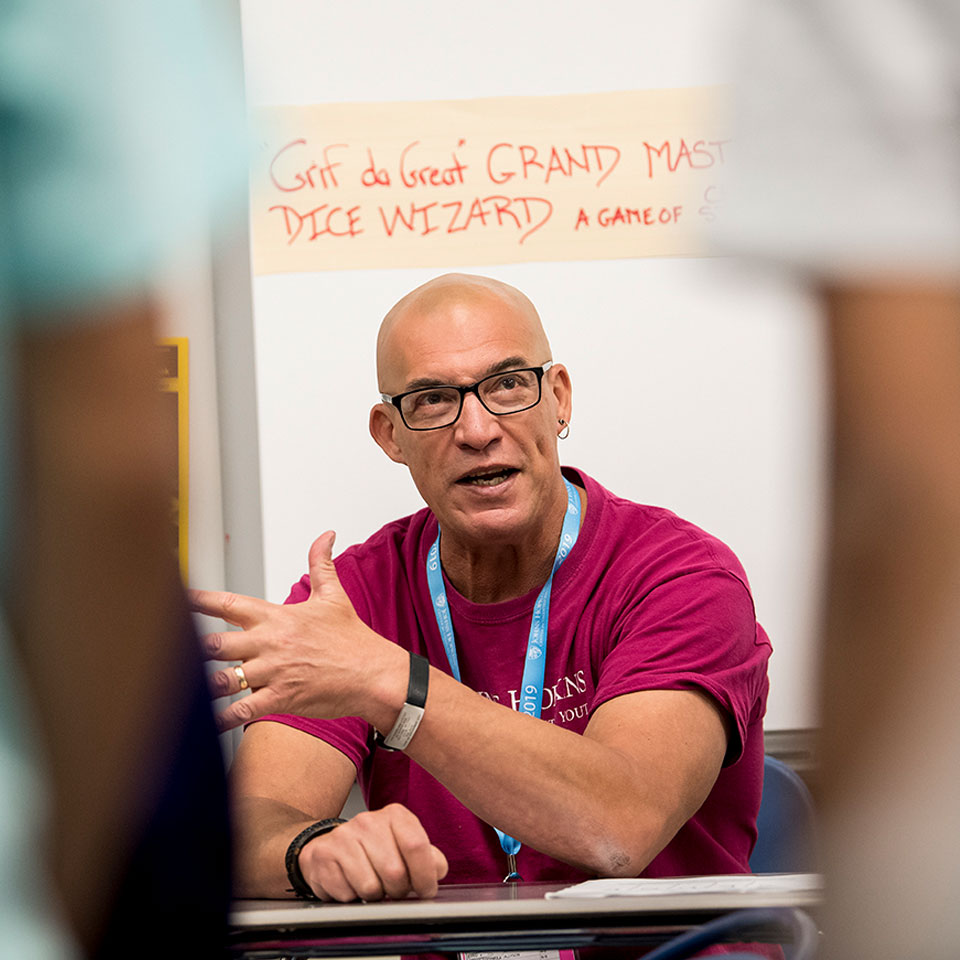Breadcrumbs
Introduction to Robotics
- Grades 5-6
- CTY-Level
-
Residential and Commuter
- Computer Science and Technology
In the field of robotics, computer science and engineering interface to create interdependent systems that can perform a variety of tasks, from manufacturing microchips to exploring Mars. In this course, we’ll learn computer science concepts and explore topics such as algorithms, sequential control flow, and Boolean operators. We’ll survey basic principles of physics and mechanical engineering, such as simple machines and locomotion, and of electrical engineering, such as circuits and sensor feedback. You and your classmates will build, program, and test robots in a modern programming environment. With each project, learn the basic computer science and engineering principles that underlie everything from home toasters to space shuttles, and gain a foundation in fields that will become increasingly important in the highly technical 21st century.
Typical Class Size: 14-16
This course is
ungraded.
Summer Dates & Locations
Session One
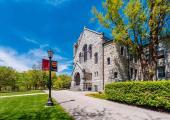
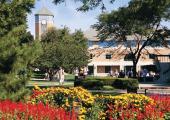

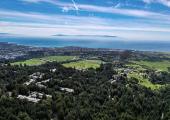
Session Two




Testing and Prerequisites
| Math | Verbal | |
|---|---|---|
| Required Level | CTY-Level | Not required |
Students must achieve qualifying scores on an advanced assessment to be eligible for CTY programs. If you don’t have qualifying scores, you have several different testing options. We’ll help you find the right option for your situation.
Sign up for Testing Learn MoreCost and Financial Aid
Tuition
- Varies
Application fee
- Nonrefundable Application Fee - $55 (Waived for financial aid applicants)
- Nonrefundable International Fee - $250 (outside US only)
We have concluded our financial aid application review process for 2025 On-Campus Programs. We encourage those who may need assistance in the future to apply for aid as early as possible. We are committed to serving all talented youth regardless of financial circumstances. Financial assistance is available based on need.
Course Materials
Students should bring basic school supplies like pens, notebooks, and folders to their summer program. You will be notified of any additional items needed before the course begins. All other materials will be provided by CTY.
Course Extras (Lab fee, etc)
Lab fee: $180
About Computer Science and Technology at CTY
Build robots, conquer the world!
Introduction to Robotics is perfect for students who want to learn introductory-level programming and apply what they've learned through real-life engineering projects. You can even test your coding and design skills by having your robot complete obstacle courses and other challenges.
You’ve learned to code—now what?
Data Structures and Algorithms is for students who have some proficiency at programming and are looking to take their abilities to the next level. By diving deep into how computers organize and store data, you will learn to design and utilize algorithms with peak efficiency.



